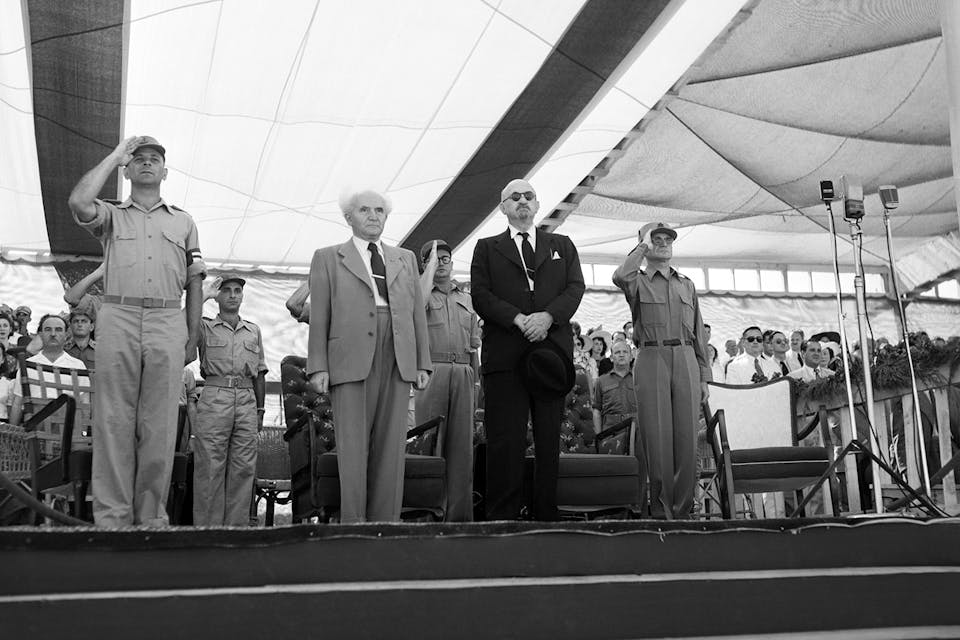
May 7, 2019
Three Turning Points that Led to the Birth of the State of Israel
At each point—1897, 1917, and 1947—one Jewish leader appeared, and showed greatness.
“I would like to begin with the strange fact that the state of Israel exists.” That is how the philosopher Isaiah Berlin, speaking in 1953, introduced his address to a Zionist association. Today, the existence of Israel is more likely to be taken for granted by Zionists. But in fact, for sheer unexpectedness, few turns of history can compete with it.
As Berlin saw it, the birth of Israel “upset materialist theories of history,” serving instead as “a living witness to the triumph of human idealism and willpower over the allegedly inexorable laws of historical evolution.” Perhaps this helps to explain some of the passions that still surround Israel: its existence refutes too many grand theories.
If the rise of Israel is a testament to human willpower, then any explanation of it must appeal to individual manifestations of will. But many theorists insist that focusing on such manifestations—on, in effect, “great men”—is a tabloid version of history. Real history, we are assured, is made by the masses, by movements, by great subterranean forces. And before the rise of Israel, we were also instructed that precisely these same forces worked against any such rise happening.